
As an Amazon Associate, Modded gets commissions for purchases made through links in this post.
Walmart is the leading tire retailer in the United States, leading the industry by unit share. Curiously, it outsold more items and trailed Discount Tire only in terms of dollar share in the first quarter of 2025. In other words, Walmart tires have lower price tags than a competitor whose branding revolves around budget rubber.
Anyone who has visited the supercenter knows its prices are ultracompetitive, but are Walmart tires good? Find out if they offer good value or are more trouble than they’re worth.
Are Walmart Tires the Same as Dealership Tires?
Yes, Walmart tires are the same as dealership tires. Tire manufacturers don’t have different levels of quality depending on where they sell their inventory. Their reputation would be wrecked if they intentionally made a worse product — even for a discount retailer.
Having said that, some name-brand tires you see at Walmart might be “lower” quality. Sometimes, manufacturers make discount models exclusively for Walmart. In other words, you might get a technically inferior product.
How Much do Walmart Tires Cost?
Walmart tire prices cost two to three figures individually, depending on the brand and model in stock. Economical price tags explain why the company recorded a 15% market share regarding total units sold in the first three months of 2025 — one percentage point higher than Discount Tire’s. Meanwhile, Discount Tire owned 16% of the market share in terms of sales in dollar value, significantly higher than Walmart’s 12%.
These figures indicate that Walmart moves more tires than everyone while charging less than its closest competitor. However, its prices fluctuate due to changing raw materials costs, supply chain disruptions and taxes. The United States imports much of the supply to meet domestic demand. In 2024, 63.4% of all tires sold in the U.S. came from overseas.
Walmart’s tires have earned a reputation for being so cheap because of their diversity. This retail giant offers a mix of locally manufactured and imported tires at varying price points. Domestic products are usually costlier, although you can expect the imported ones to become more expensive due to tariffs once dealers replenish their inventories.
Why are Walmart Tires so Cheap?
Walmart’s tires are surprisingly — almost worryingly — cheap. Even though it sells brands like Goodyear, Michelin and Continental, it keeps costs down. Does it sacrifice quality to lower prices? Or is there a more harmless explanation?
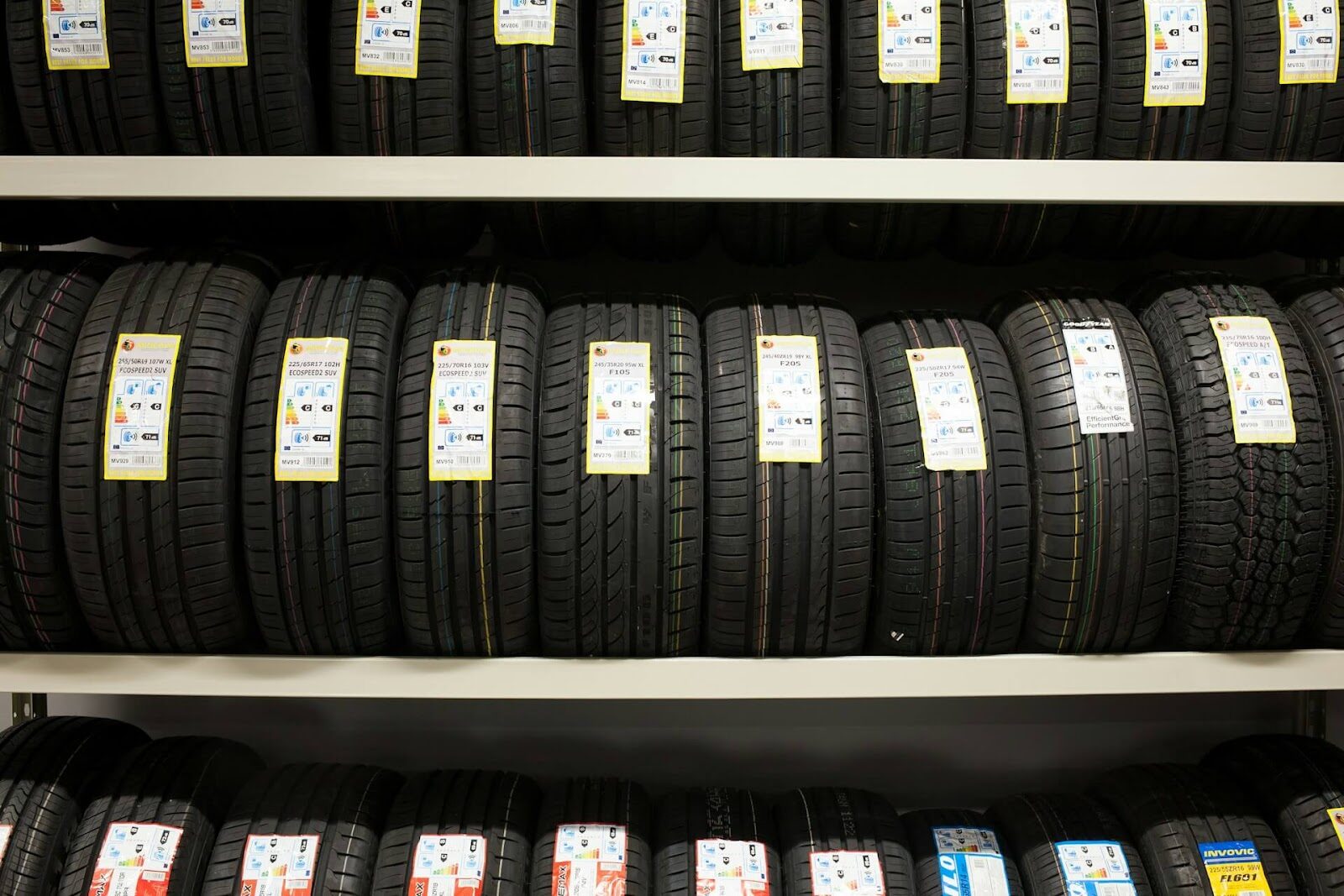
There are a few reasons why Walmart has more affordable tires than dealerships or local mechanics. The first is that it sometimes sells discount models — the cheaper name-brand versions we mentioned earlier.
Marketing is another reason. Walmart is a discount store, so there’s no way expensive, high-end tires would attract customers. Moreover, anyone interested in quality isn’t going to pick Walmart as a first choice.
Walmart vs. Costco Tires — Which Is More Affordable?
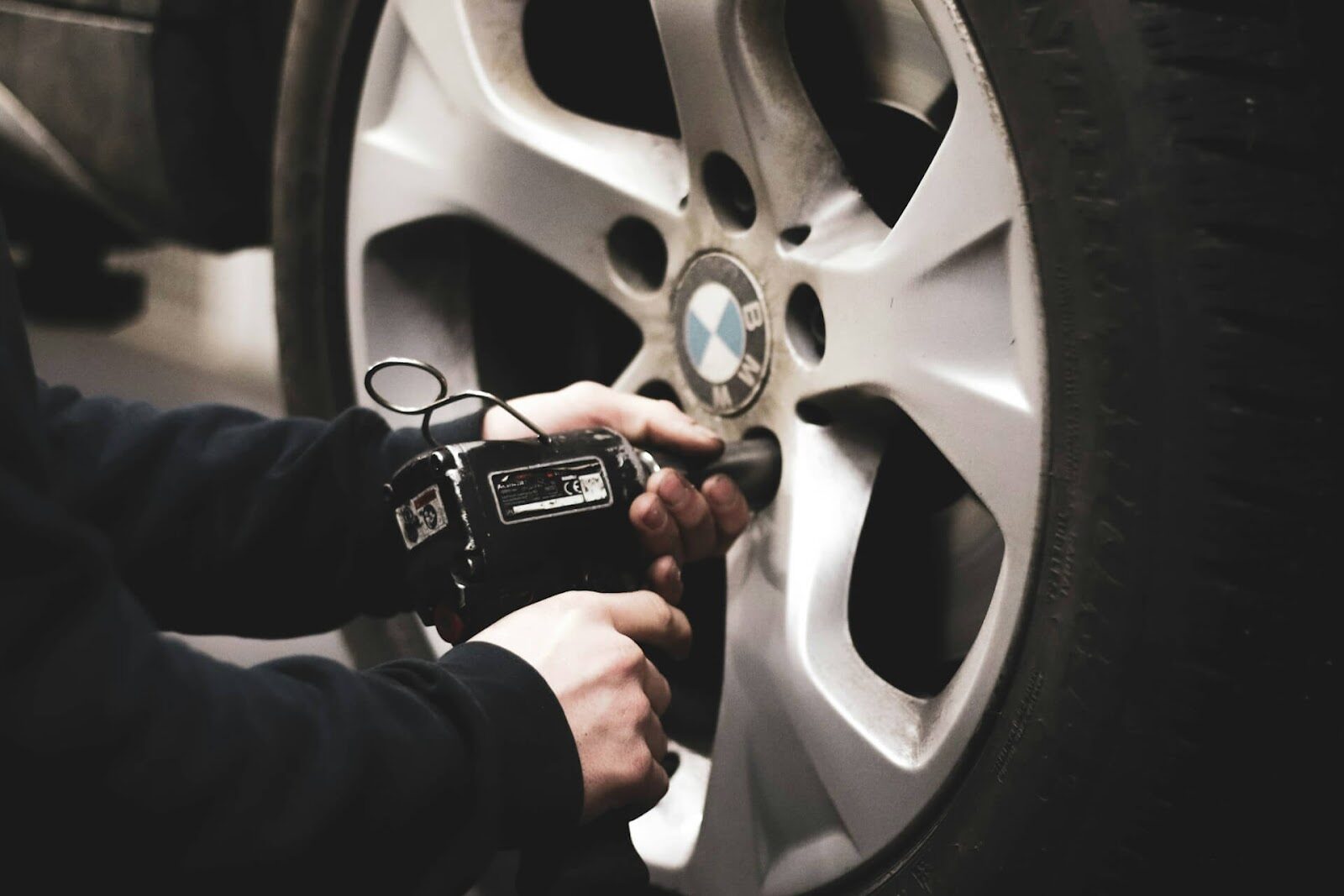
Anyone comparing Walmart vs. Costco tire prices would discover that there isn’t a clear-cut difference. Both shopping centers sell tires from numerous brands and for a broad range of vehicle types, driving conditions and budgets to appeal to various customer needs.
Customer service sets Costco apart from Walmart. The former is a membership-based store, so excellent customer experience is its calling card. For example, nitrogen inflation is a perk when buying tires at Costco. Nitrogen holds tire pressure and promotes longevity better than compressed air.
Walmart has more budget-friendly options than Costco, helping you find and buy new tires at the lowest possible price. Not requiring a membership to shop in-store makes Walmart the better choice, convenience-wise, for small, quick purchases. Walmart’s Scan & Go tech lets you pay for a workable tire that fits your vehicle with a mobile device and skip the checkout line.
Are Walmart Tires Good Quality?
Walmart tires are safe to drive on. Most have solid mileage warranties. There are plenty of name-brand options to choose from. Are Walmart tires good? The answer is yes. As long as you drive a standard car and don’t expect the best quality, they should work just fine.
Check out what real customers say if you don’t want to take it from us. You’ll probably be able to find praise and complaints about the exact tire you want to buy. Almost every single tire Walmart sells has at least a handful of reviews. Surprisingly, most are positive.
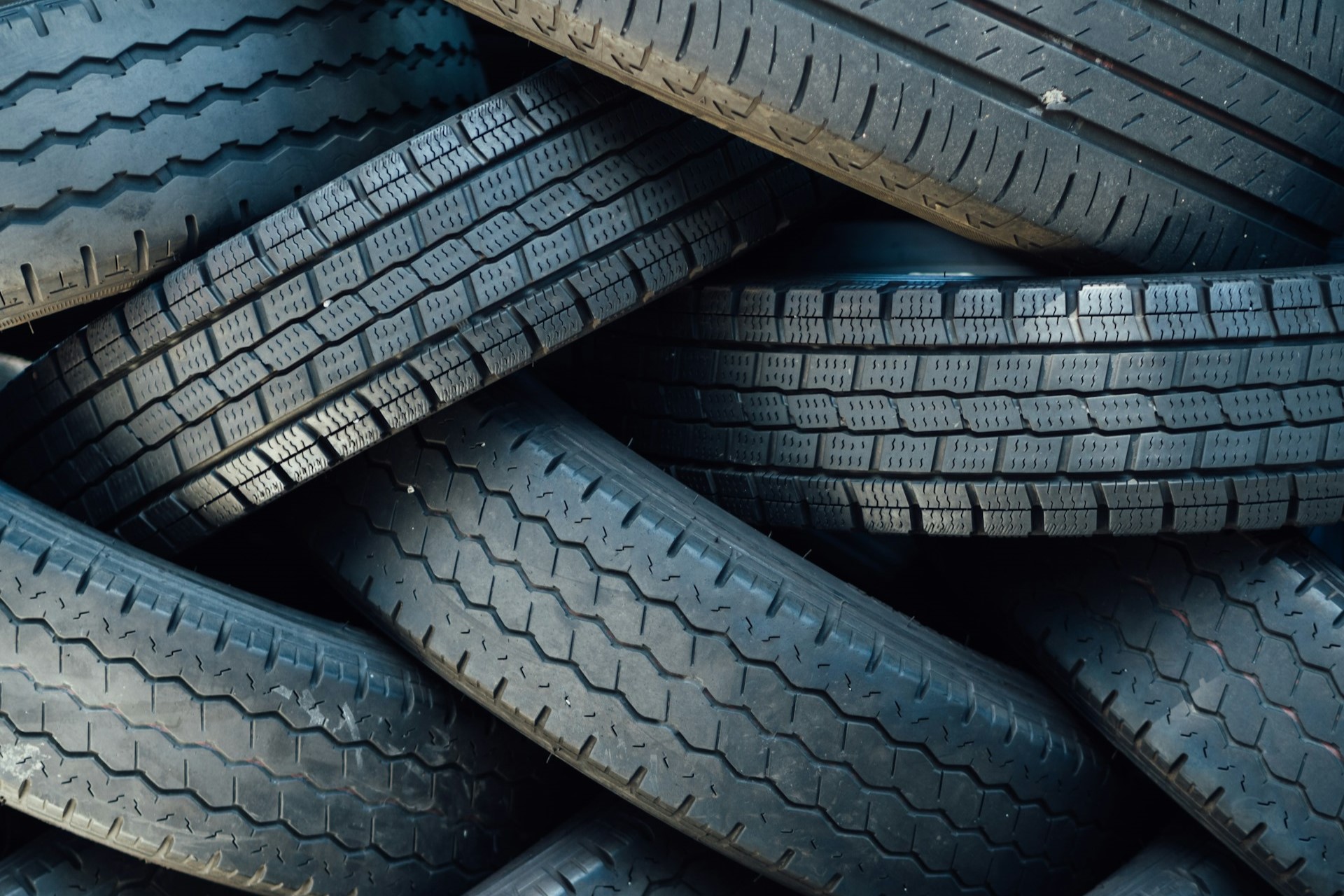
For example, the Solar 4XS + 225/65R17 102H tire has a 4.3 out of 5 rating, despite being well under $100. Interestingly enough, the one-star Walmart reviews focus on unreasonably lengthy tire installations, bad customer service or unexpected order cancellations — not the tire’s quality.
Are Off-Brand Tires any Good?
Walmart’s extensive selection includes brand-name and off-brand options. While brand-name tires are a safe bet, you’ll usually pay more for them. Off-brand tires like Linglong, Waterfall and Westlake are more affordable, but critics often have mixed feelings about them.
Off-brand products are safe to drive on, but typically ride worse than more expensive versions. For example, many say Douglas tires are too loud, while critics warn against those made by Lionhart due to terrible wear resistance. Also, they’re more likely to perform poorly in slick conditions. Not cheaping out on tires is a good rule of thumb for any driver.
Should You Buy Tires from Walmart?
The low prices of Walmart tires have a trade-off between affordability and quality. After all, you almost always get what you pay for. Then again, off-brand products make it to retail shelves because they meet the minimum standards. While some Walmart tires can be lower-quality compared to most of their more expensive counterparts, there’s no denying that they have merits.
Are Walmart tires worth it? They are on certain occasions, like these five scenarios:
1. Your Car Is Nothing Special
You shouldn’t buy off-brand tires from Walmart if your car is exotic. At best, you’ll get a subpar product that impacts how it rides. At worst, the tires will fit poorly and cause damage. You should only go ahead with the purchase if the store has the size and tread pattern you need.
2. Your Tread is Worn Thin
If your tire tread is shot, there’s no harm in buying tires from Walmart. If anything, you can keep them on temporarily until you get a better replacement. After all, driving on bald tires is dangerous — you could lose control of your car.
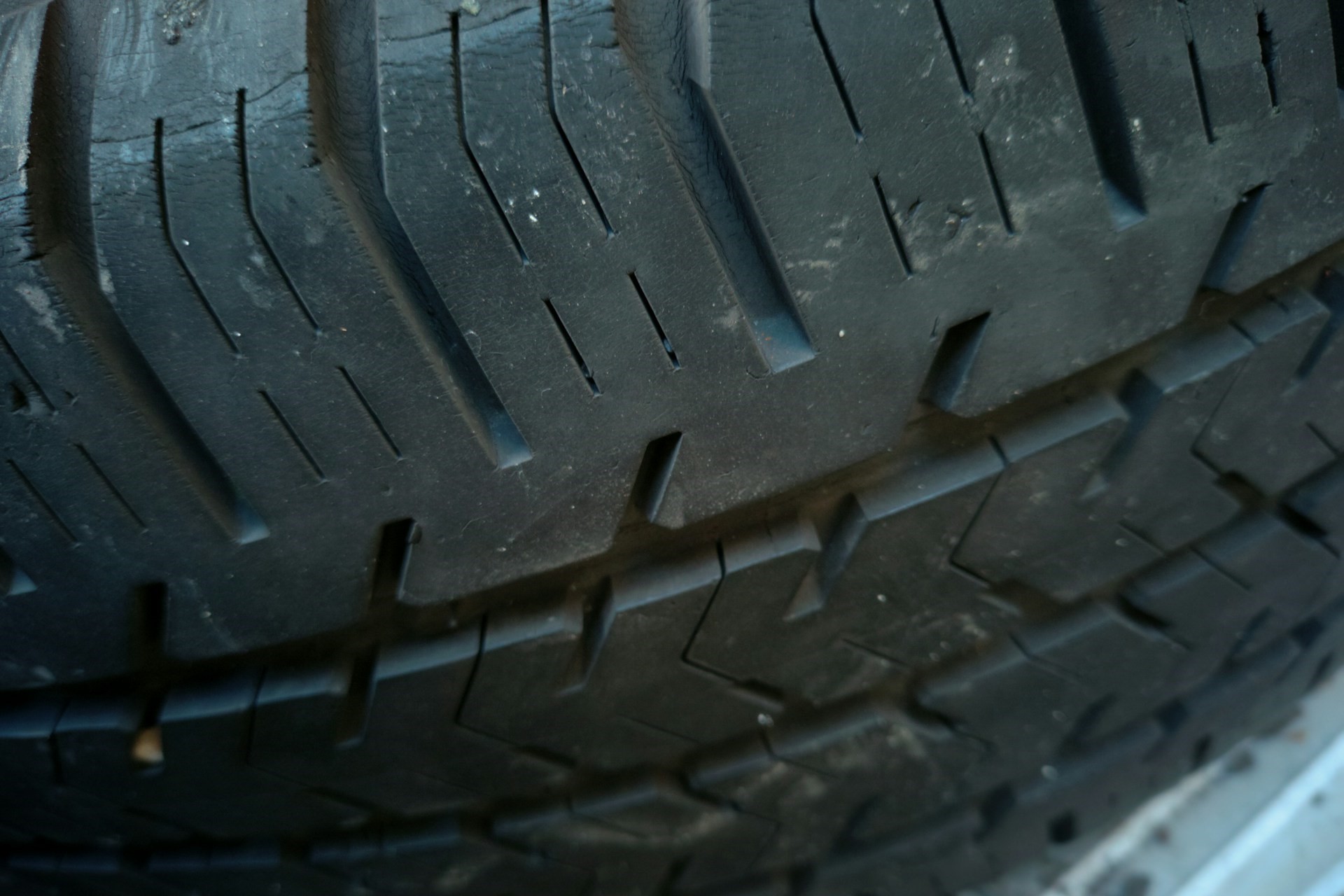
3. Your Budget is Small
Walmart is the place to go if your budget is tight. According to Consumer Reports, its subsidiary — Sam’s Club — charges the lowest installation fees overall — about half as much as what dealerships bill. Sam’s Club is Costco’s direct competitor, combining Walmart’s tech-forward culture with the affordability of bulk purchasing. If you’re close to a Sam’s Club, shopping there may give you access to more or less the usual economical Walmart tire prices.
4. Your Tire Has a Puncture
Sad to say, punctures are common. In fact, drivers experience five flat tires within their lifetime. While you can drive on a flat for a while, it’ll mess up your car pretty quickly. Sometimes, it’s best to go with the cheap fix in the short term to prevent costly damage in the long term.
5. You Live Near a Walmart
Competent technicians can install new tires in the time it takes you to finish shopping for groceries. If you live near a Walmart with an auto center, the pure convenience of getting tires there might make it worth the money.
Should You Just Buy the Cheapest Tires?

While cheap tires are fine in a pinch — or if you’re on a low budget — you don’t want to stick with them for long. They can impact your ride and lower your gas mileage.
Some Walmart tires have small price tags because they have less advanced compounds and less precise design elements, leading to performance, reliability, safety and longevity issues.
The higher rolling resistance of cheap tires forces the engine to work harder to move the vehicle. Requiring more energy to induce motion results in lower fuel efficiency. High rolling resistance also accelerates the rate of tire underinflation and compounds the issue of lower fuel economy, as underinflated tires reduce gas mileage by 0.2% for every pound per square inch (PSI) decrease in the average pressure.
Due to their poor grip, they’re synonymous with longer braking distances in wet conditions. They also have weak traction in inclement weather, increasing the risk of hydroplaning — the kind of skidding that occurs when there’s a loss of contact between the tires and the road due to a layer of water. These tires can be loud, which can cause discomfort and increase stress levels when you go on a lengthy road trip.
Lastly, low-cost tires are more prone to wear. Replacing them with the same units can be challenging due to availability issues.
Are Walmart tires good, even if they’re super cheap? They’re safe to drive on, but you should treat them as placeholders instead of permanent rubber rings fitted around your wheels. If you can afford to spend extra on products with better tread-wear ratings and tread patterns.
How to Get the Most Out of Walmart Tires
Look for signs of poor installation to maximize the lifespan of your Walmart tires and get the most value out of them.
1. Check Your Tire Pressure
Check your tire pressure before driving out of the parking lot. Generally, a 30-32 PSI is a safe range, unless you have some kind of exotic model. If it’s overfilled, you’ll see accelerated center wear. Underfilled tires will cause faster shoulder wear.
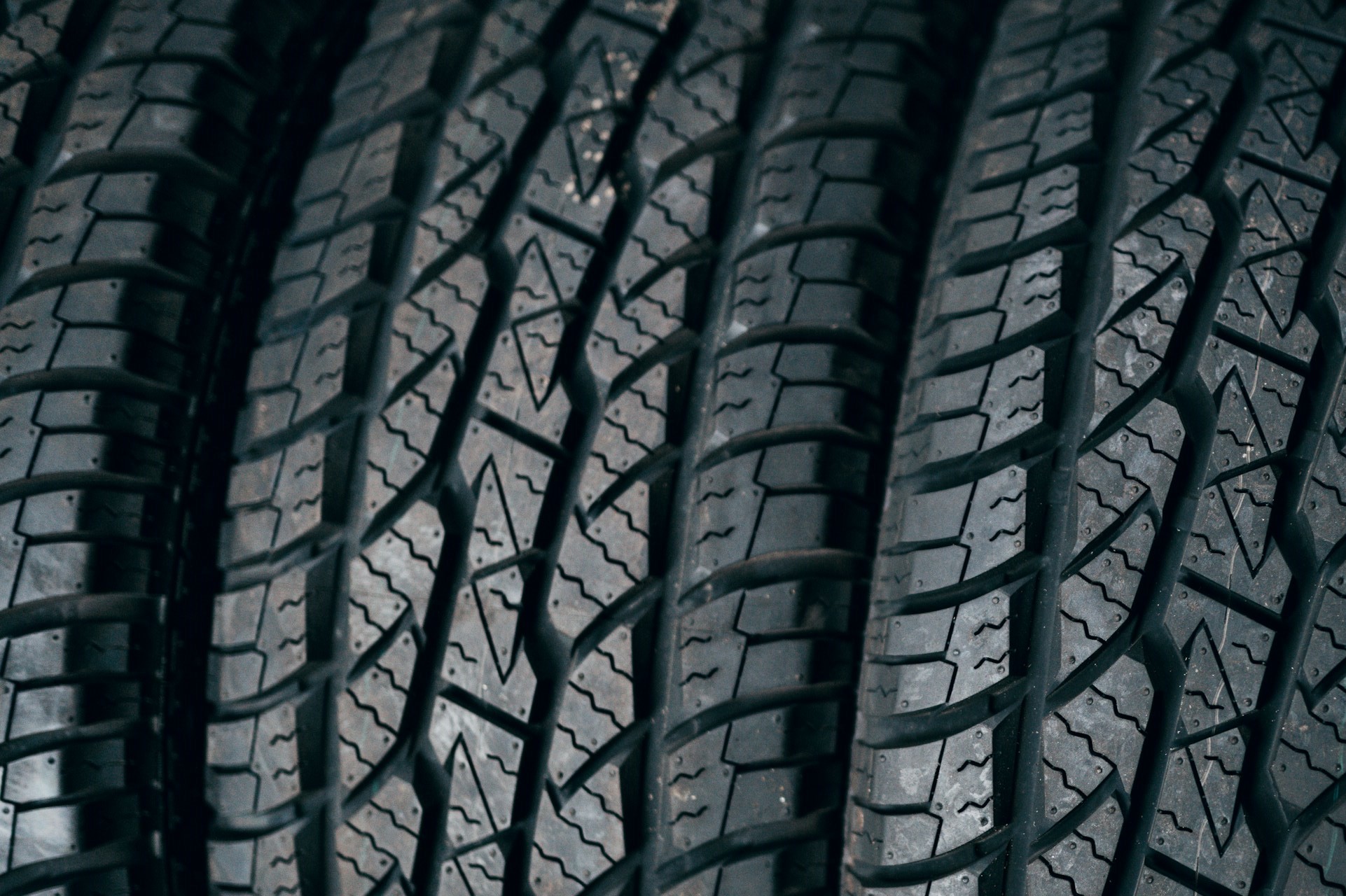
2. Test Your Wheel Alignment
Misalignment can cause uneven wear. If you let a severe case go on long enough, one side of your tire could end up practically bald while the other has near-perfect treads. In the meantime, you’ll experience drifting, swerving and vibration while driving. If you notice any of those signs, get your car checked out immediately.
3. Check Your Tire Balance
Unbalanced tires disrupt the equilibrium of wheels, make steering difficult and result in poor fuel economy. If you notice you’re suddenly getting fewer miles per gallon or your steering wheel is fighting back, it’s time to take your car in.
Choosing the Off-Brand Option is Okay
While the cheap and generic tires won’t perform as well as the name-brand ones, they’ll do the job in a pinch. While you’re technically better off with the more expensive options, you’re not risking your safety just by going for what’s affordable.
Originally posted Mar 22, 2024 — Updated Oct 6, 2025






